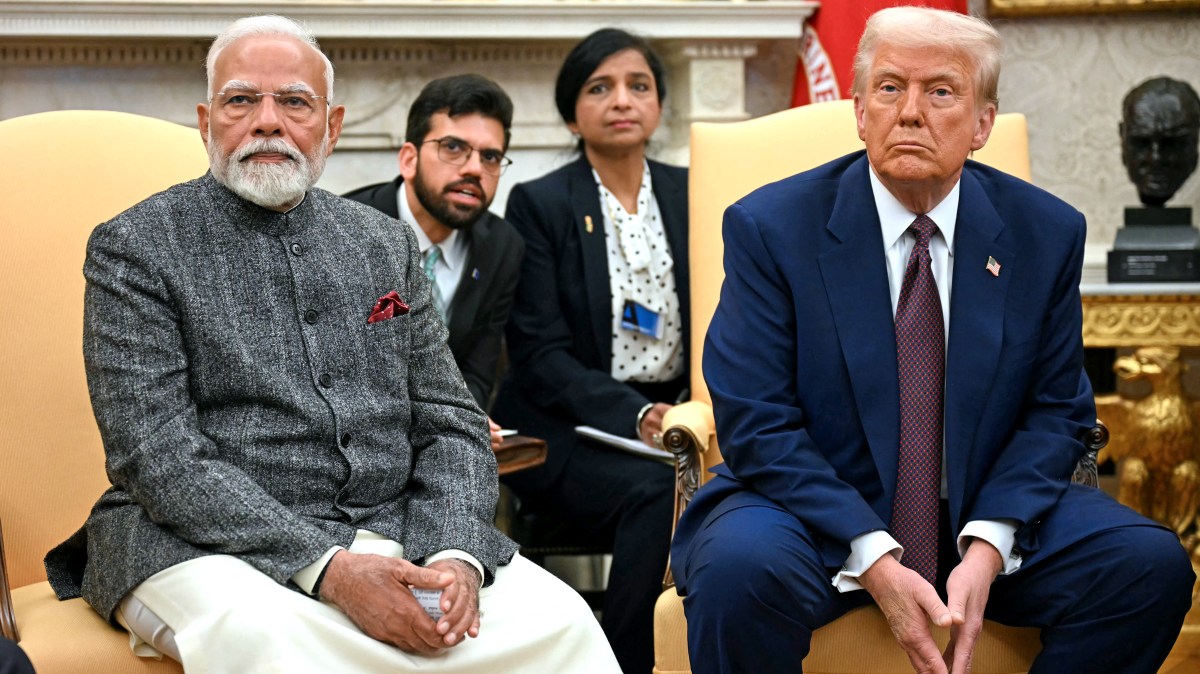Former President Donald Trump recently ignited a diplomatic firestorm by labeling the economies of India and Russia as “dead,” a provocative statement made amidst escalating threats of economic penalties against Delhi. This assertion specifically targets India’s enduring commercial and strategic ties with Moscow, setting off a notable online exchange with former Russian President Dmitry Medvedev.
Trump’s rhetoric signals a distinct hardening of his stance concerning international economic partnerships and geopolitical alignments. His declaration, shared on Truth Social, explicitly stated indifference to India’s relationship with Russia, asserting, “They can take their dead economies down together, for all I care.” This strong language underscores a confrontational approach to global trade dynamics and bilateral agreements.
The former US president followed up by warning the “failed former President of Russia” to “watch his words,” prompting a sharp retort from Medvedev. In a Telegram post, Medvedev contended that if his previous comments provoked such a “nervous reaction” from a “formidable US president,” then “Russia is completely in the right and will continue on its path,” emphasizing Moscow’s resolved foreign policy.
Medvedev further mocked Trump’s “dead economies” remark, advising him to “remember his favourite films about ‘the walking dead’,” adding a layer of personal antagonism to the high-stakes political debate. This exchange highlights the intensely personal and often undiplomatic nature of modern international discourse, particularly when conducted on social media platforms.
Trump’s initial social media outburst coincided with his announcement that the US would impose 25 percent tariffs on goods from India, alongside an unspecified “penalty” related to India’s continued imports of Russian oil and weapons. This move reflects a broader strategy to leverage economic pressure in pursuit of specific foreign policy objectives, aiming to influence the trade partners of adversarial nations.
Furthermore, Trump expressed dissatisfaction with the current trade volume between the US and India, stating, “We have done very little business with India, their Tariffs are too high, among the highest in the World. Likewise, and the USA do almost no business together. Let’s keep it that way.” This indicates a protectionist economic policy stance, prioritizing domestic economic interests over expanded international trade relationships with nations perceived as having unfavorable tariff structures.
Despite India’s increasing efforts towards domestic defense production, Moscow has historically supplied a significant portion—65 percent—of India’s substantial weapons purchases, totaling over $60 billion in the last two decades. Trump’s concerns extend to India’s continued substantial energy imports from Russia, suggesting a desire to disrupt established economic supply chains in a bid to reconfigure global alliances and trade balances through punitive measures like tariffs, potentially impacting international trade and global economic policy.






Leave a Reply